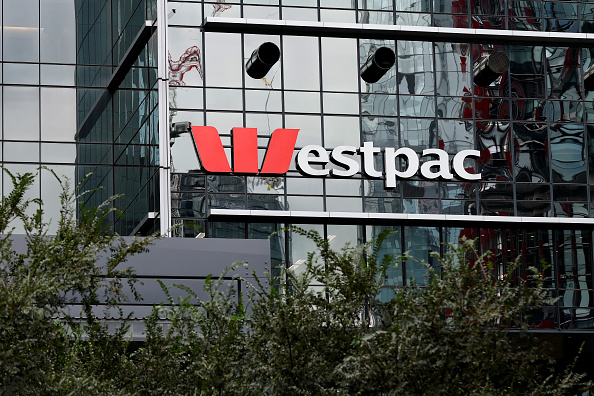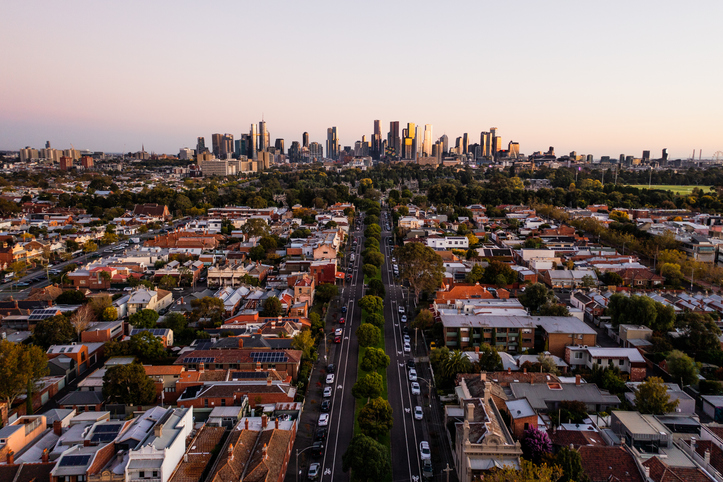Fixed rates still a short-term gain and a long-term pain
A volatile market marred by unsettled inflation, high interest rates and stagnant wage growth is continuing to make it challenging to afford property, particularly in big cities.
While hike fears eased after the Reserve Bank of Australia held rates steady at 4.35% at the start of the month, Westpac and other Westpac-owned banks along with National Australia Bank, Commonwealth Bank, Macquarie, and HSBC have all cut some of their fixed-rate mortgage offers in the weeks since.
Home loan submission data from Mortgage Choice this month shows that demand for fixed rates has been relatively stable throughout 2024. In August, only 3% of submissions had a fixed component, while variable rate loans represent 97% of submissions. Over the last 12 months, 2-3% of submissions have had a fixed component.

Fixed home loan rates have long been a popular choice with first-home buyers, allowing people to lock in a set repayment rate for an agreed period tied to the interest rate at the point of purchase. Rates are generally fixed for one, three or five-year periods and provide buyers with security as they get used to paying off a mortgage.
In a competitive market, fixed-rate products are increasingly attractive to banks hoping to guarantee customers for at least the set period of time.
This affects the product options available to both first-home buyers and refinancers positively – mortgage market competition is once again on the up.
Sydney-based Mortgage Choice broker Luke Camilleri says the movements are “a really positive sign”.
“It gives us the opportunity to talk about some of these fixed rates with clients, whereas probably the last two years, fixed has only been in very few of our conversations,” he adds.

When it comes to fixed-rate options however, continuing economic uncertainty paints a dull picture. While banks tussling for new mortgage customers is good news for property seekers, choosing a fixed-rate option, while comforting, is not likely to be worth it over the lifespan of financing a property.
Mr Camilleri says he is still presenting fixed-rate options to people however, both to provide choice as well as to provide context against variable alternatives.
Despite this, he adds it is “still a little bit too early” to be jumping at fixed-rate home loan options.
“If cuts are only just starting now, and we haven't even had a rate cut from the RBA, what are they going to look like in another six months or 12 months,” he questioned.
Prop Track senior economist Anne Flaherty agrees it is risky to take a longer-term fixed rate for now.
“While the fact that banks are offering lower fixed rates indicates that they are expecting that the RBA will cut, that is still not a guarantee,” she warns.

While a fixed-rate option is no doubt a financial risk until the RBA makes a move, Mr Camilleri says people are still willing to overlook that for the security of knowing exactly what their repayments will be.
“In those cases, we are more than happy to present the fixed rates,” he said.
For now, however, Mr Camilleri is discouraging away from fixing for longer than two years.
“It’s just not really ideal at the moment,” he reiterates, instead warning people may have to take “an educated punt” and weigh up pain and gain as uncertainties persist.
“Just be comfortable that there is a chance that your variable rate might end up matching that fixed rate or being below it,” he warned. “At least you would not have had a huge, long-term commitment to that fixed rate.”
Mr Camilleri urged first home buyers and refinances to remember that a bank’s decision to slash rates is always part of a bigger story.

“I think that the fixed rates are not there for the borrower to win,” he says. “They come out with these low fixed rates to lock people in because they think that the variable rate is potentially going to be lower than those fixed rates that they are offering.
“People go with fixed rates, not necessarily because they think they are going to win from an interest rate perspective, but for the comfort and security.
For people who are looking to hedge their bets, however, Ms Flaherty says short-term fixed rates can be viewed as an attractive option.
“A lot of banks are offering one-year fixed interest rates that are lower than the current variable rate. Straight off the back we know least for a period of time, you would probably be beating the variable rate.”


